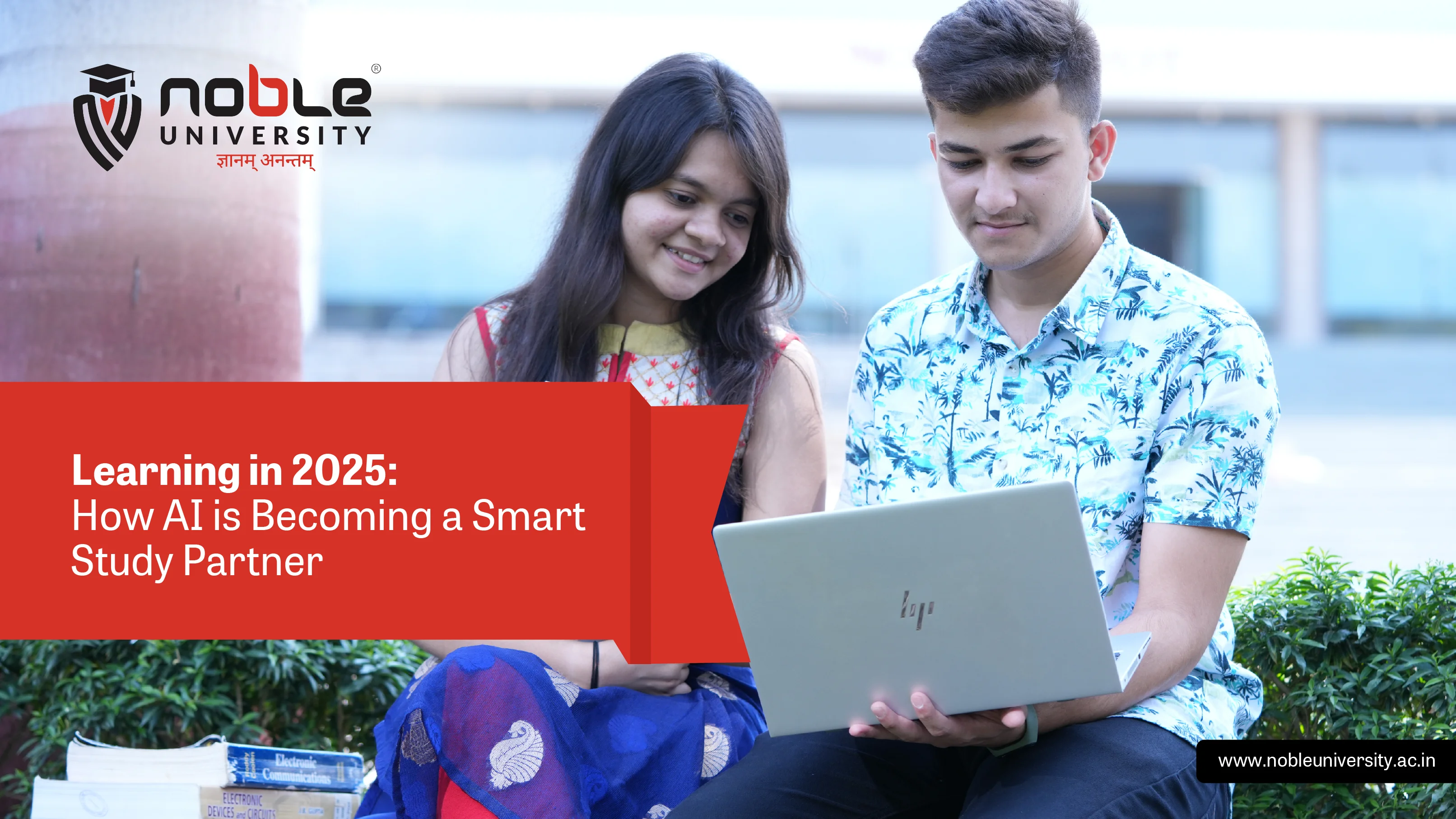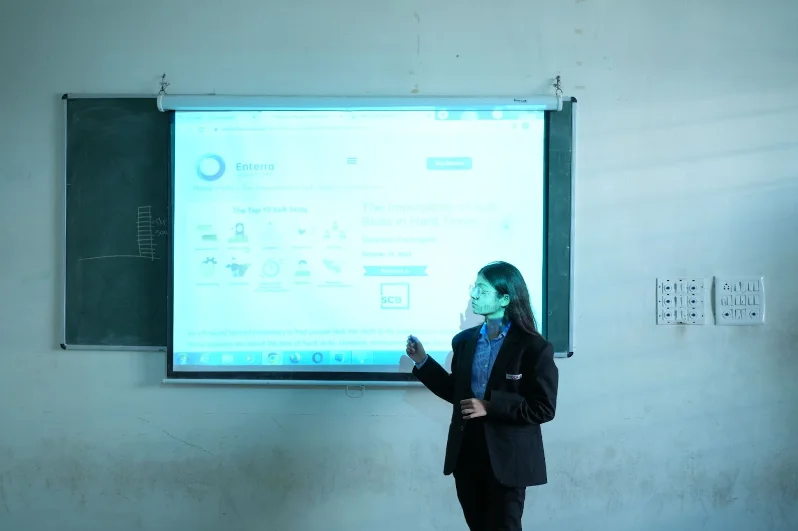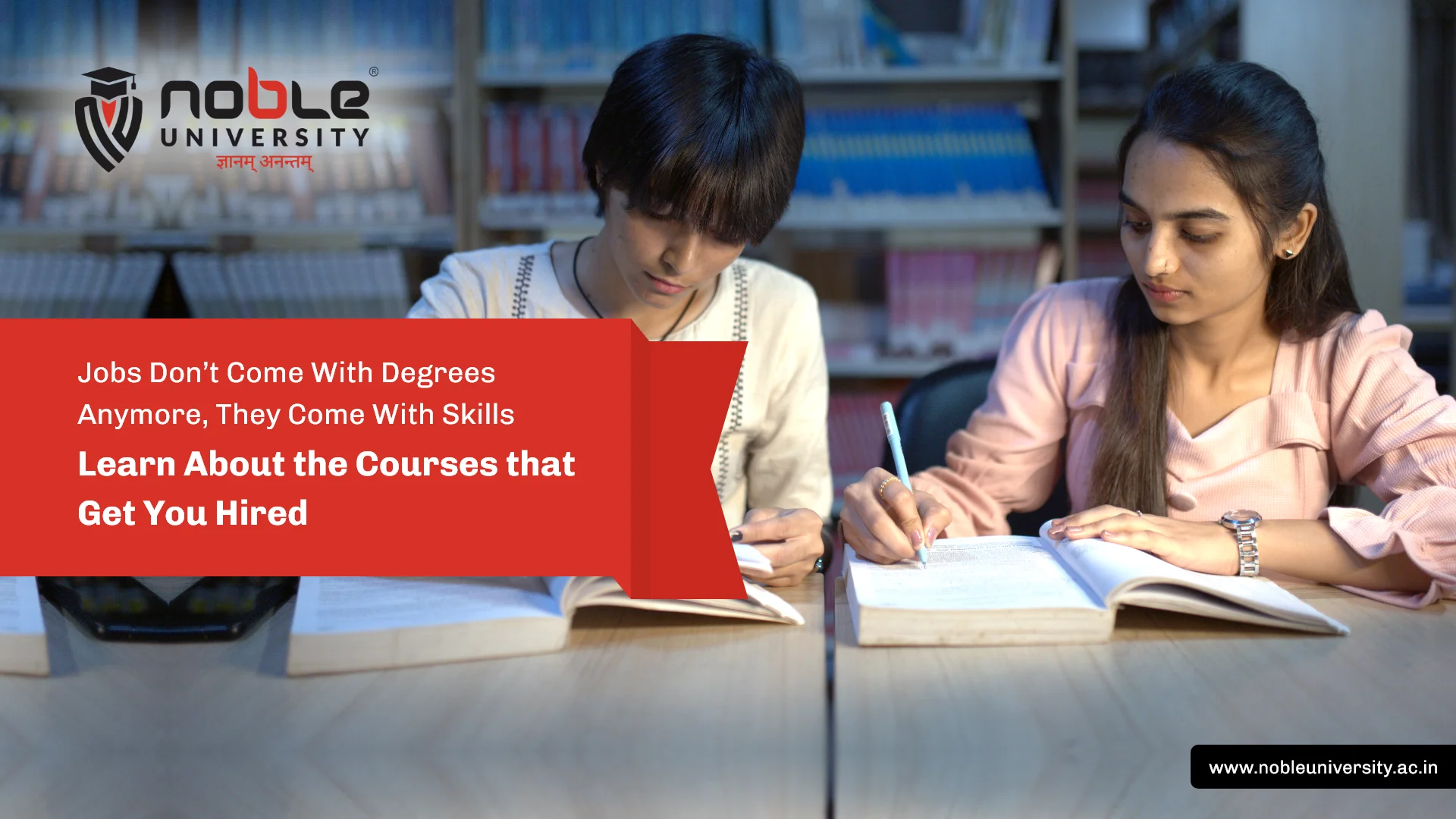
How ChatGPT and AI Tools Are Changing the Way Students Learn
From Taking Notes to Talking to AI
In the past, students depended on stacks of books, long hours in the library, and hurriedly scribbled notes during lectures. Today, they can have a conversation with an AI like ChatGPT and get instant explanations tailored to their learning style. For instance, if a student struggles with any concept, they no longer have to dig through dense textbooks. Instead, they can simply type, “Explain this topic as if I’m 15 years old,” and get a simple, structured answer within seconds. This shift is not just about convenience, it’s about personalisation. Traditional teaching often follows a one-size-fits-all model, but AI tools adapt to the learner. Platforms such as Embibe or Toppr use AI to analyse a student’s performance and create custom study plans, ensuring that time and energy are focused on the areas where improvement is most needed. The result? Students learn smarter, not just harder.
Changing How Students Prepare for Exams
Exam season used to mean cramming late into the night, often with a sense of panic. Now, AI has stepped in to offer a calmer, more strategic approach. ChatGPT can help create study schedules, summarise lengthy chapters, and even quiz students in real-time. Instead of flipping through hundreds of pages, learners can ask AI for concise, clear summaries or step-by-step explanations.
AI-assisted research has also transformed academic writing. What might have taken hours of searching through online journals can now be condensed into a few minutes as AI quickly scans and presents relevant papers, articles, and data. Of course, the accuracy of this information still needs to be checked, but the time saved is undeniable.
The Benefits Students Are Experiencing
AI in education isn’t just about fancy tools; it’s about making learning faster, easier, and more engaging. Here’s how students are seeing the difference:
- Instant Feedback: No more waiting for the next class or a teacher’s email – AI tools highlight mistakes and suggest corrections immediately, helping students improve on the spot.
- 24/7 Accessibility: Whether you’re in a busy city or a small town like Junagadh, AI tools are available anytime, breaking the limits of geography and time zones.
- Boosted Creativity: From designing eye-catching presentations on Canva to generating fresh ideas and outlines with ChatGPT, AI removes the fear of a blank page and makes starting assignments easier.
The Challenges That Come with AI in Learning
While AI brings exciting possibilities, it also comes with hurdles that students and educators must navigate carefully:
- Accuracy Issues: Not every AI-generated answer is correct. Students must cross-check facts instead of accepting every suggestion at face value. A Delhi study revealed that 84% of students use AI for research, but only 6% fully trust the results.
- Over-Reliance on Technology: Using AI for every task can weaken critical thinking and problem-solving skills, making students dependent on instant solutions.
- Digital Divide: Unequal access to high-speed internet and modern devices means AI learning can widen the gap between students who have resources and those who don’t.
- Need for Responsible Use: Successful integration of AI in education requires training students on when and how to use it effectively, ensuring it supports rather than replaces real learning.
What AI-Driven Learning Looks Like in Practice
Around the world and in India, AI is finding its place in classrooms and beyond. In Delhi, more than half of students report using AI every week, and nearly a quarter use it every single day for research, writing help, and understanding complex topics.
This change is more than just a trend; it’s a sign that future careers will demand not only knowledge but also the ability to work alongside AI systems. That’s why initiatives such as the AI & Biotech Conference 2025 are so valuable. They give students hands-on exposure to cutting-edge applications of AI in learning, research, and industry, along with important discussions on ethics and responsible usage.

Why Noble University is Ahead of the Curve
At Noble University, AI is not treated as just another gadget; it’s an essential skill for the modern learner. The university actively encourages students to explore AI tools while teaching them to use these technologies with integrity and discernment.
Through workshops, guest lectures, and industry collaborations, students learn not just how to use AI, but how to apply it effectively in real-world problem-solving. This approach ensures that Noble graduates aren’t just AI users; they’re AI-literate professionals who know how to leverage technology for success while avoiding its pitfalls.
How AI Changes the Way We Learn
The rise of AI has made learning more flexible, interactive, and tailored to the individual. Students can move at their own pace, revisit concepts as often as needed, and even learn in formats that suit them best, whether that’s through text, voice, or visuals. But perhaps the most exciting part is how AI frees up time for deeper thinking. By handling repetitive or time-consuming tasks, AI allows students to focus on analysing, creating, and innovating.
Choose Noble University for a Brighter Future!
Noble University is committed to preparing students for the demands of a tech-driven world through innovative teaching, industry exposure, and hands-on learning opportunities. With state-of-the-art facilities, experienced faculty, and a focus on both academic excellence and practical skills, Noble ensures that its graduates are ready to excel locally and globally.
Take the next step in your education with Noble University or start your journey today by visiting our Admissions Page.
FAQS
AI can speed up learning by giving you personalised explanations, breaking down complex concepts into simple steps, and offering practice questions tailored to your weak areas. For example, tools like ChatGPT can create study guides, quizzes, and summaries in seconds, helping you focus on what matters most instead of wasting time searching for resources.
AI is making learning more interactive, personalised, and accessible. Students can now get instant feedback, simulate real-world problems, and learn at their own pace, whether they’re in a classroom or at home. It’s like having a tutor who’s available 24/7.
Artificial intelligence is making education more efficient by automating repetitive tasks for teachers, improving access to resources, and personalising study materials for students. It’s also helping bridge gaps for learners in remote areas by bringing high-quality education to their screens.
In modern classrooms, AI is used for interactive lessons, automated grading, language translation, personalised learning dashboards, and even virtual labs. Some schools also use AI-powered tools to track student progress and adapt lessons in real-time.
Yes! When used smartly, ChatGPT can make learning more engaging by answering questions instantly, explaining concepts in multiple ways, and creating interactive study activities. Students often feel more confident when they can clarify doubts without hesitation.
Over-reliance on AI can lead to reduced critical thinking, a lack of originality, and even misinformation if the AI source isn’t fact-checked. It’s important to treat AI as a study partner, not a replacement for your own reasoning and research skills.
The key is balance. Use AI for guidance, explanations, and ideas, but always cross-check facts, analyse information yourself, and try to solve problems before asking AI. Think of it as a calculator for your brain: helpful, but not a substitute for learning math.
No. AI can be an amazing support system, but real learning comes from practice, discussion, and problem-solving. AI should be a tool in your toolkit, not the entire toolbox. The best results happen when students combine AI’s speed and efficiency with their own curiosity and effort.


